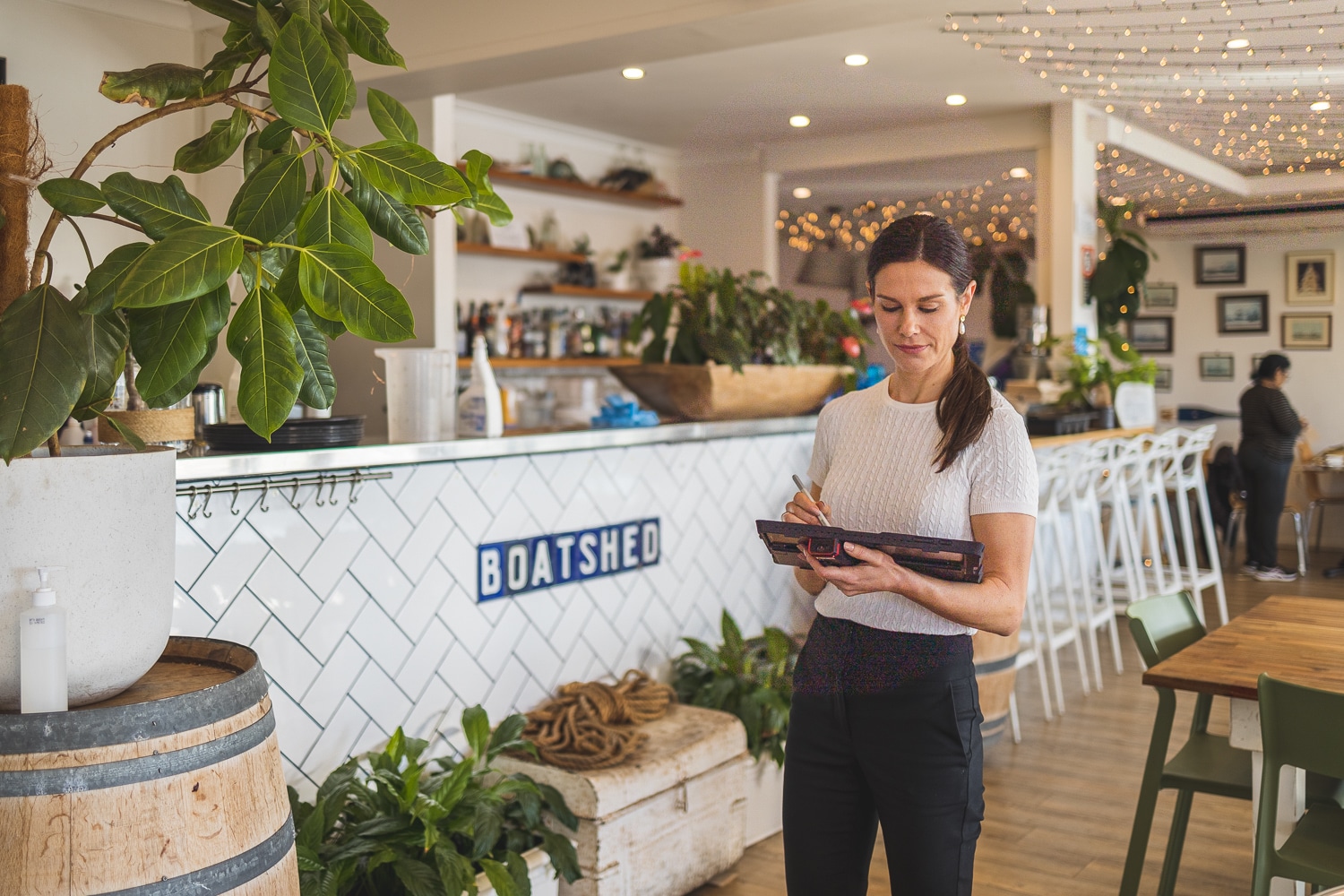How Covid-19 and monetary policy changes are impacting the Australian hotel property market.
The Australian property market has experienced significant changes over the past few years and recent media and industry reports discuss that various sectors of the market, primarily residential and commercial, are entering a period of correction. Following the Covid-19 pandemic, the rapidly changing monetary policy environment has also contributed to market changes. In this article, we have reached out to national industry participants to provide insights into the going concern property space. We have discussed the general market trends in the hotel (pub), accommodation, and caravan park industries with active national agents in these specialist markets. We have also considered observations from valuation instructions within these sectors. The condition of the going concern property market in Australia varies depending on a range of factors, including economic conditions, consumer confidence and industry trends. It is also impacted by various state and federal regulations, for example licensing requirements, foreign worker availability etc.
Hotels (Pubs) Sector
Noting a very strong transactional market in this sector over the past two years, despite Covid influences, for hotels primarily underpinned by gaming machine entitlements (pokies), where a number of capital value records have been surpassed, the market appears to have slowed, although without any significant correction in quantum values.
A very strong market for gaming machine entitlements, whereby values have significantly increased in the past two years, particularly in New South Wales, has been shadowed by discussions about the social impacts of poker machines and the gambling industry more broadly, particularly in terms of problem gambling and its associated harms.
Blake Edwards, Director – Hotel Investment Sales, HTL Property adds, “On the buy side, there was some added caution in the first quarter (2023), mainly around the threat of cashless gaming and the state election, which has now largely subsided.”
Looking at the overall hotel (pub) market, recent transactional history and noting current monetary policy, Mr Edwards continues, “Pub transactions so far in 2023 have been very sluggish when compared to the two previous calendar years. The frenetic rate of transactions over 2021 and 2022 coupled with the high rate of capital appreciation, meant that anyone with a reason to sell has probably already done so, resulting in a lack of motivated vendors on the market. In addition, trading conditions across pub assets are still very strong, meaning that even though interest rates are rising, there is little pressure on anyone to sell.”

In terms of operational obstacles in the sector, we note inflationary pressures across most operating expenses with limited ability to increase prices at similar rates, which over time, will negatively impact earnings (EBITDA). The largest operating expense in the sector is Labour (wages), which has been a uniform issues across most business sectors post Covid and remains a challenge for the industry.
“Staffing and cost of labour has been the biggest issues for publicans post Covid. However with the recent influx of overseas migration, we are starting to see some relief in labour for metropolitan venues, but this has not yet worked its way into the regions.” Mr Edwards, HTL Property.
Despite the slower start to 2023, the market does appear relatively robust with strong industry participants. Despite this, recent record transactions, gaming legislation hesitancy, increased interest rate movements and cost of living pressures may impact operational revenues in the sector over the short to medium term.
Mr Edwards notes, “Low stock levels are the main driver in (current) low transaction numbers. We think there should be a pickup in the second half of the calendar year, which is normally the busiest time of the year for hotel transactions.”
Error: Unable to load Block variation: showpersonContinue reading our Going Concern sector updates for Accommodation and Caravan Parks industry sectors below ↓